Modi government’s PR failure in Myanmar
The government's media rhetoric and aggrandisement is doing more harm than good to its reputation. It seems intent upon proving right the age-old adage, pride goes before a fall.
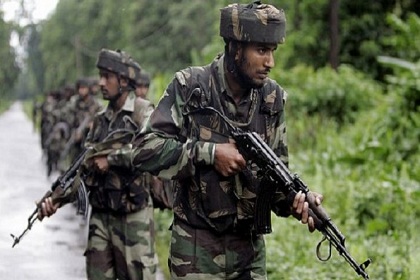 Courtesy: Inquisitr.com
Courtesy: Inquisitr.com
The government's media rhetoric and aggrandisement is doing more harm than good to its reputation. It seems intent upon proving right the age-old adage, pride goes before a fall.
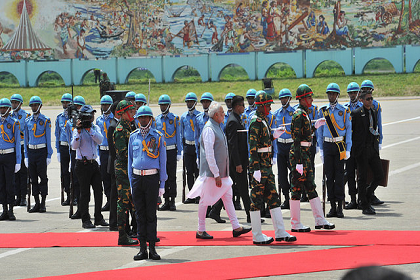 Courtesy: Ministry of External Affair, Flickr
Courtesy: Ministry of External Affair, Flickr
Prime Minister Narendra Modi’s completion of the South Asia circuit demonstrates the importance of the neighbourhood in his government’s foreign policy. The improved perception of India in the neighbourhood, especially in Bangladesh and Sri Lanka, is a positive, but the neighbours must recognise that India’s federal structure makes decision-making slower and more difficult on issues that affect neighbouring Indian states like West Bengal and Tamil Nadu.
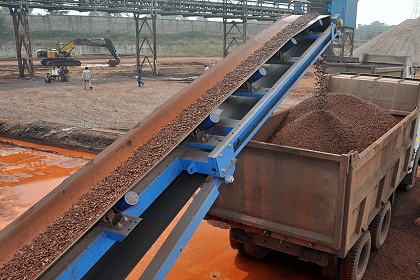 Courtesy: Peter Craven/Wikipedia
Courtesy: Peter Craven/Wikipedia
A distinguished Chinese scholar, speaking at a BRICS forum in Moscow recently, ascribed the growing India-China trade deficit to India’s ban on iron exports. While this contention is partially true, the data does not validate this argument, and nor does his view account for the other reasons for the deficit
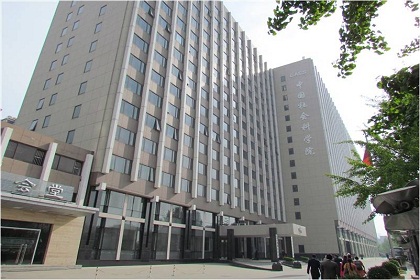 Courtesy: Sameer Patil
Courtesy: Sameer Patil
A recent visit by Gateway House researchers to various think tanks in Beijing and Shanghai offered a glimpse of China’s efforts to establish a “think tank culture”. The government hopes this will create a research base for policy analysis and project the country’s power globally, but for now the thinks tanks face many challenges, such as intellectual autonomy, language, and using resources optimally
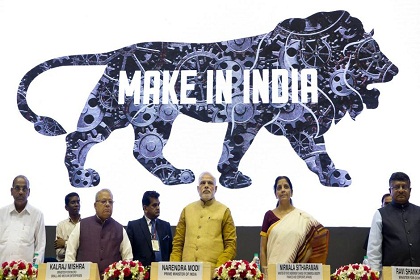 Courtesy: Wikipedia
Courtesy: Wikipedia
On the occasion of the BJP government’s one-year anniversary, Neelam Deo, director, Gateway House, delivered a series of lectures across the U.S., analysing Modi’s foreign policy. His energetic style, she said, has created several milestones—including a revival of relations with the U.S. and Russia, and a new approach to China and to India’s neighbourhood—that can cumulatively transform India’s growth trajectory. This is an abridged version of her lecture:
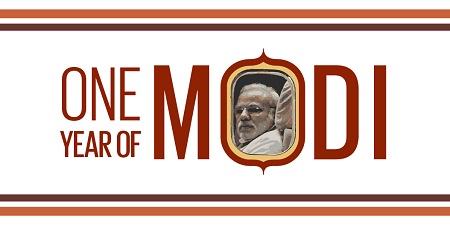 Courtesy: Debarpan Das
Courtesy: Debarpan Das
As Prime Minister Narendra Modi's first year in office reaches a close, we compiled a month-by-month review of Modi's diplomatic calendar, including foreign trips and incoming visits
 Courtesy: MEA/Flickr
Courtesy: MEA/Flickr
Prime Minister Narendra Modi’s foreign travels combine domestic and foreign policy to achieve India’s twin goals of national security and investment inflow. The leader-as-salesman is not new, and India is just catching up with the global norm
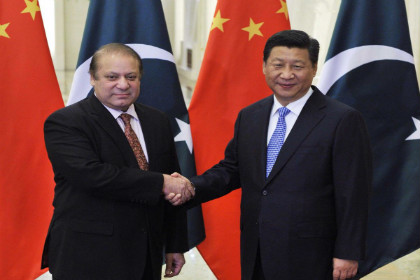 Courtesy:
Courtesy:
While China will seek India’s cooperation on its ambitious ‘One Belt, One Road’ project during Prime Minister Modi’s visit this week, Indian policy makers must soon articulate a definite stand on this transnational corridor by bridging the country’s security concerns and the benefits of such an engagement with China.
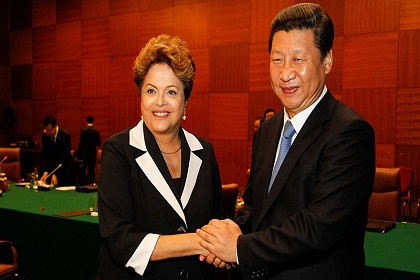 Courtesy:
Courtesy:
China's influence and presence in Latin America has grown rapidly in the form of trade and investment. China's growing presence is both a concern for Latin America and the U.S., which creates a window of opportunity for India
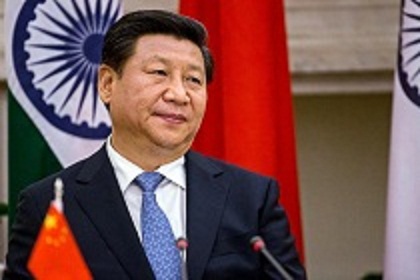 Courtesy: Xinhua
Courtesy: Xinhua
With a massive, yet demanding middle class, the Chinese Communist Party needs a reliable source of cheap labor to continue to allow Chinese nationals to enjoy mass-produced daily products. step forward India, mass producer.